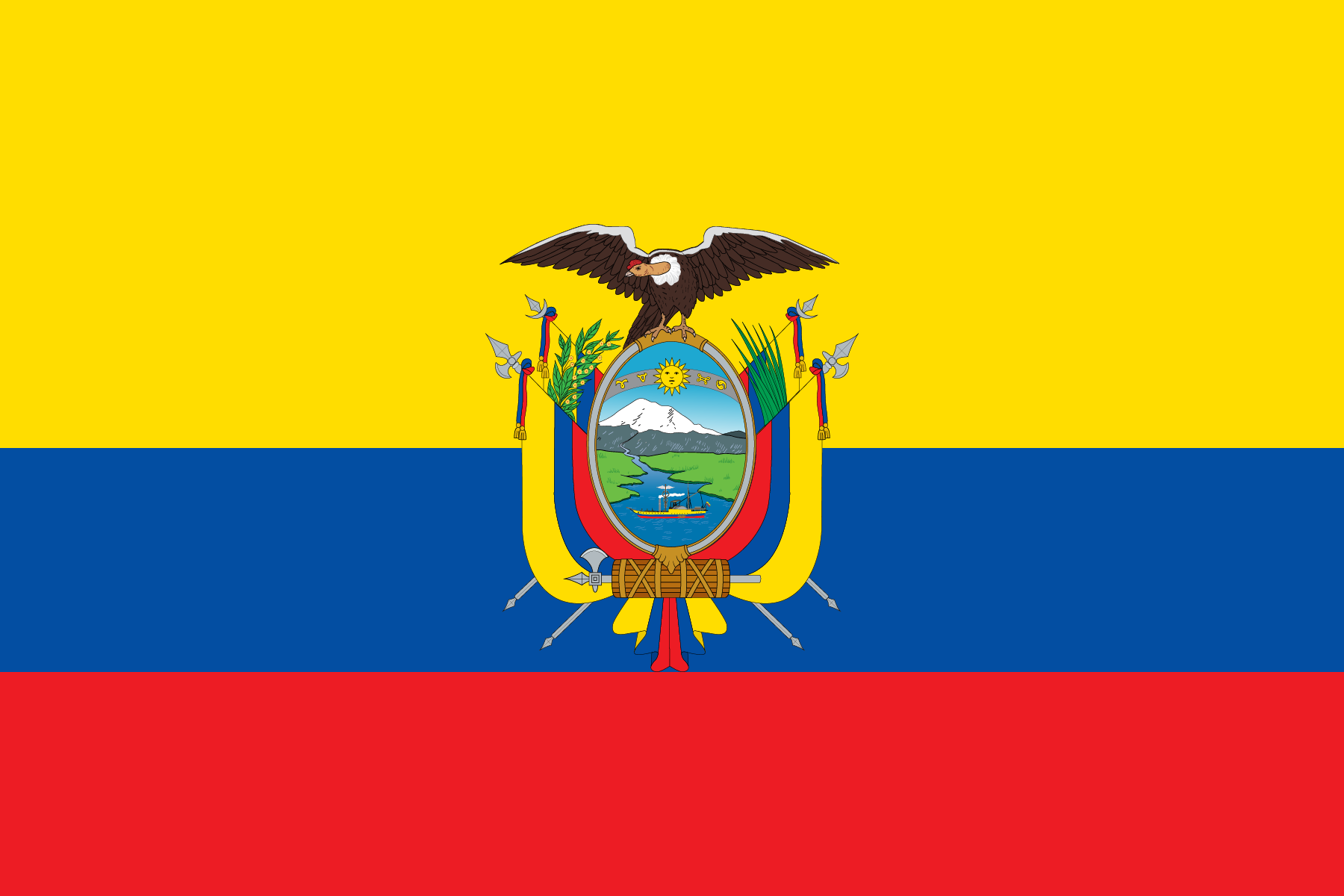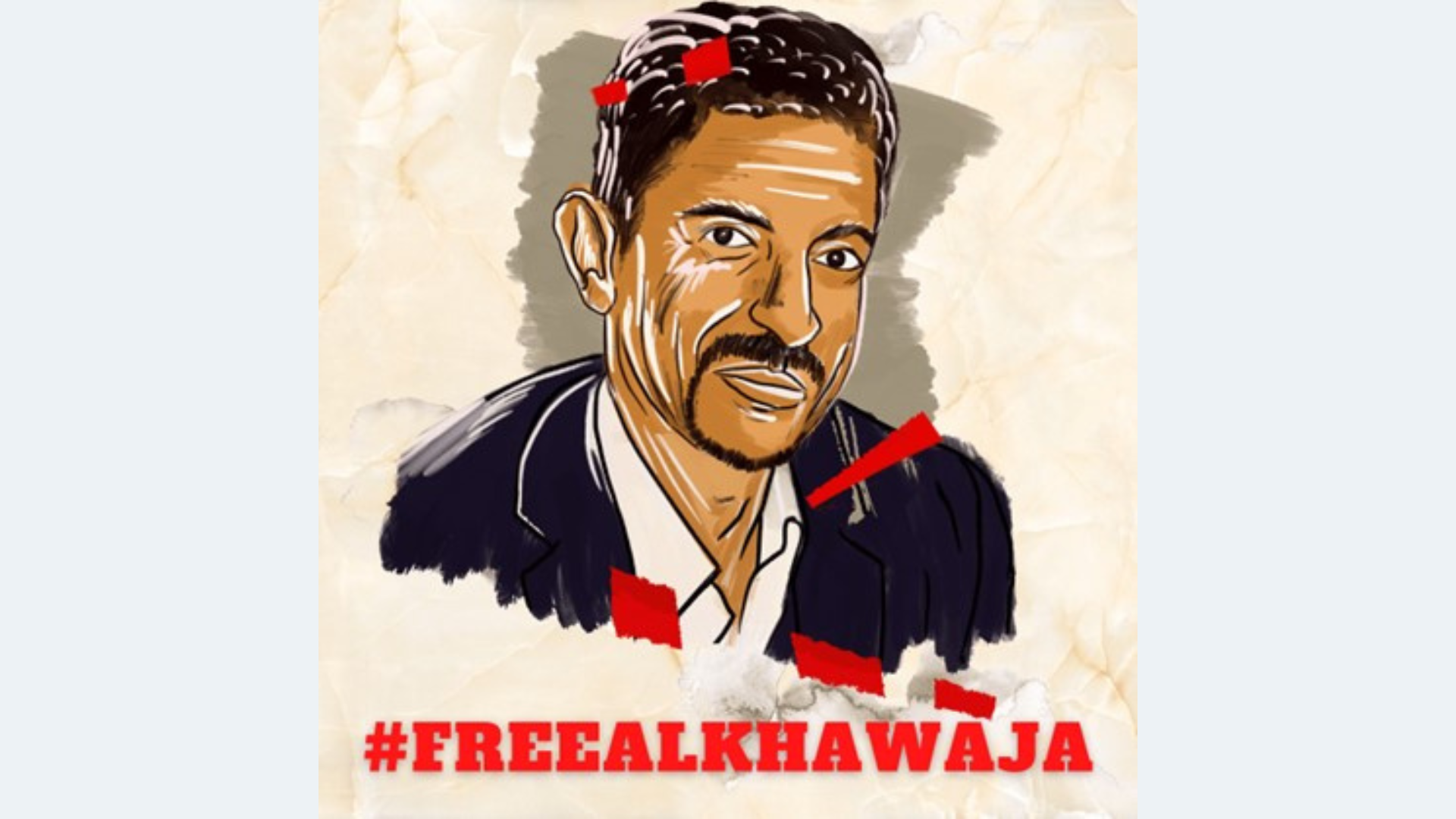The following organisations condemn the use of excessive force on the part of the Ecuadorian security forces in response to the protests which broke out in provinces across the country last week. We strongly urge the government of Ecuador to immediately cease the use of violent force and adopt emergency measures to prevent further violations of human rights
These protests originated as an expression of civil discontent in the face of insecurity, economic crisis, and the lack of State response to legitimate socio-economic and political grievances. However, the reaction of the State has been strikingly repressive. Military and police convoys were deployed in response to the protests, including one of more than 100 vehicles, which traveled from Quito to Imbabura on 28 September, headed by the Ministers of Defence and the Interior. Armed forces have interfered in the maintenance of public order – a function for which they are not normally responsible – and used disproportionate lethal force.
As of today, the Alliance for Human Rights has recorded: 252 human rights violations, 124 people injured, and one fatality in the context of State repression. Although official figures refer to 111 people detained, the Alliance has documented 101 arbitrary detentions and at least 12 people who suffered short-term enforced disappearance, including one person with a disability. Phone and internet outages were reported in Cotacachi, Otavalo, and La Esperanza, a form of censorship which impedes protests, voices in the media, and human rights defenders from documenting and denouncing violations. In addition, there have been documented cases of mass arrests, judicial proceedings without due process, disinformation, the freezing of bank accounts, the criminalisation of justice operators, human rights defenders, and journalists, and summary deportations.
The Office of the United Nations High Commissioner for Human Rights (OHCHR) has expressed alarm at the scale of violence in Ecuador and has called for emergency dialogue between the government and mobilised sectors, emphasising the necessity of guaranteeing the protection of human rights and of the lives of all involved. Additionally, we reiterate that States bear the responsibility to investigate the use of unlawful force and the military is not trained to enforce or maintain civil security.
We reiterate that peaceful protest is a fundamental right tightly bound to the freedom of expression, assembly, association, and participation in public affairs. States bear the responsibility to respect, protect, and guarantee its exercise, including assuring safe conditions for mobilisation, enabling online organising, and protecting the work of journalists and human rights defenders. The use of force is only legitimate when it adheres to the principles of legality, necessity, and proportionality (limiting its use to what is strictly necessary and proportionate to its risk), and the participation of armed forces in the maintenance of public order violates international standards and aggravates the risk of grave violations.
For the above reasons, the following organisations strongly urge the State of Ecuador to immediately cease the use of disproportionate force, guarantee peaceful protest, and open space for genuine dialogue with the mobilised elements of society. Furthermore, we call on the international community, including the IACHR and UN to condemn this repression, demand an official response, and conduct on site verification visits in response to the gravity of these violations of human rights.
Signed:
International
- Centro de Derechos Reproductivos
- CIVICUS Alianza Global
- International Federation for Human Rights (FIDH)
- International Service for Human Rights (ISHR)
- World Organisation Against Torture (OMCT)
Regional
- Amnesty International – Regional Office for the Americas
- Center for Justice and International LAW (CEJIL
- Grupo de pueblos indígenas de la ILC-ALC – Latin America and the Caribbean
- Plataforma de Defensores y Defensoras de la Tierra – ILC – Latin America and the Caribbean
- Plataforma Mujeres y Derechos a Tierra y Territorios de la ILC LAC – Latin America and the Caribbean
- Plataforma Regional De Agricultura – Latin America and the Caribbean
- Tejiendo Redes Infancia en América Latina y el Caribe – Latin America and the Caribbean
- Red Territorios de Vida TICCA Latinoamérica – ICCA Consortium – – Latin America
Local
- Centro de Estudios Legales y Sociales (CELS) – Argentina
- Instituto para el Desarrollo Rural de Sudamérica – IPDRS – Bolivia
- Environmental Defender Law Center – Brazil
- Corporación Humanas – Chile
- Observatorio Ciudadano – Chile
- Colectivo de Abogados y Abogadas “José Alvear Restrepo” (CAJAR) – Colombia
- Red de Salud de las Mujeres Latinoamericanas y del Caribe (RSMLAC) – Colombia
- Comisión Colombiana de Juristas (CCJ) – Colombia
- Coalición Nacional Por la Tierra Ecuador – Ecuador
- Movimiento Mujeres Luna Creciente – Ecuador
- Manuel Eduardo Peralta Antamba – Ecuador
- Centro de Documentación en Derechos Humanos “Segundo Montes Mozo SJ” (CSMM) – Ecuador
- Runa Ayllullakta Comunidad Amazónica Cordillera de Cóndor Mirador – Ecuador
- Alianza de Organizaciones por los Derechos Humanos del Ecuador – Ecuador
- Fundación Hermandad Integrada por la Solidaridad del Inmigrante (FHISI) – Ecuador
- Fundación Arupo – Ecuador
- Amazon Frontlines – United States
- Due Process of Law Foundation (DPLF) – United States
- Washington Office on Latin America (WOLA) – United States
- Robert F. Kennedy Human Rights – United States
- Central de organizaciones indígenas maya Ch’orti’ Nuevo Día – Guatemala
- Red de Mujeres del Trifinio HOSAGUA Guatemala – Guatemala
- Centro Jurídico por los Derechos Humanos – Honduras
- Equipo de Reflexión, Investigación y Comunicación – Honduras
- Iniciativa Mesoamericana de Mujeres Defensoras de Derechos Humanos (IM-Defensoras) – Mesoamérica
- Consultoria Solidaria – Mexico
- Mujeres Indígenas por ciarena – Mexico
- Fundación para la Justicia – Mexico
- Movimiento Autónomo de Mujeres – Nicaragua
- Congreso General indigena Maje Embera Drua – Panama
- Tierraviva a los Pueblos Indígenas del Chaco – Paraguay
- Asociación Pro Derechos Humanos – Peru
- Plataforma para la Gobernanza Responsable de la Tierra – Peru
- DEMUS – Estudio para la Defensa de los Derechos de la Mujer – Peru
- Centro de Políticas Públicas y Derechos Humanos (Perú EQUIDAD) – Peru
- Fundación Étnica Integral – Dominican Republic
- Mesa nacional para las migraciones y refugiados en República Dominicana (MENAMIRD) – Dominican Republic
- Articulación Nacional Campesina (ANC) – Dominican Republic




